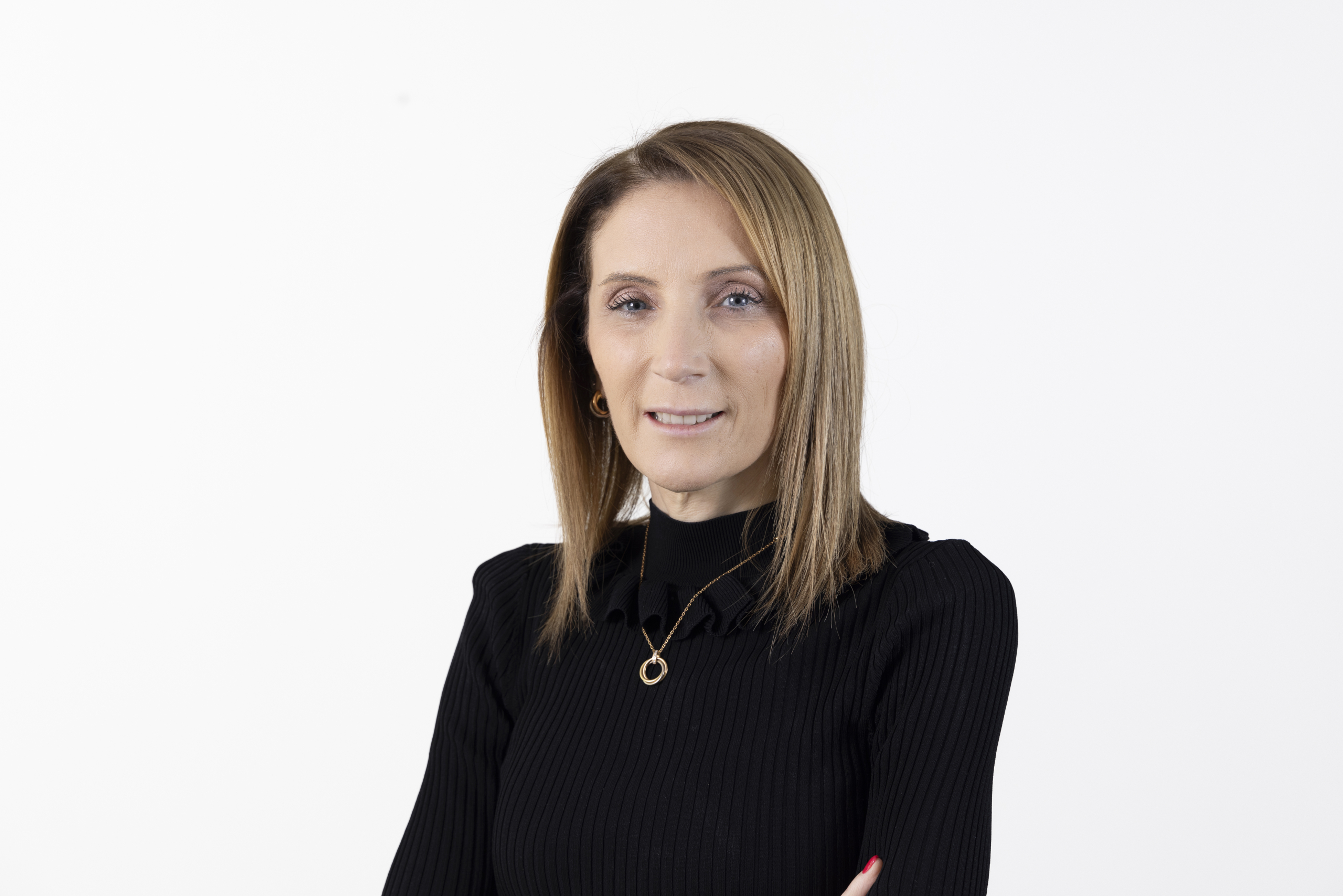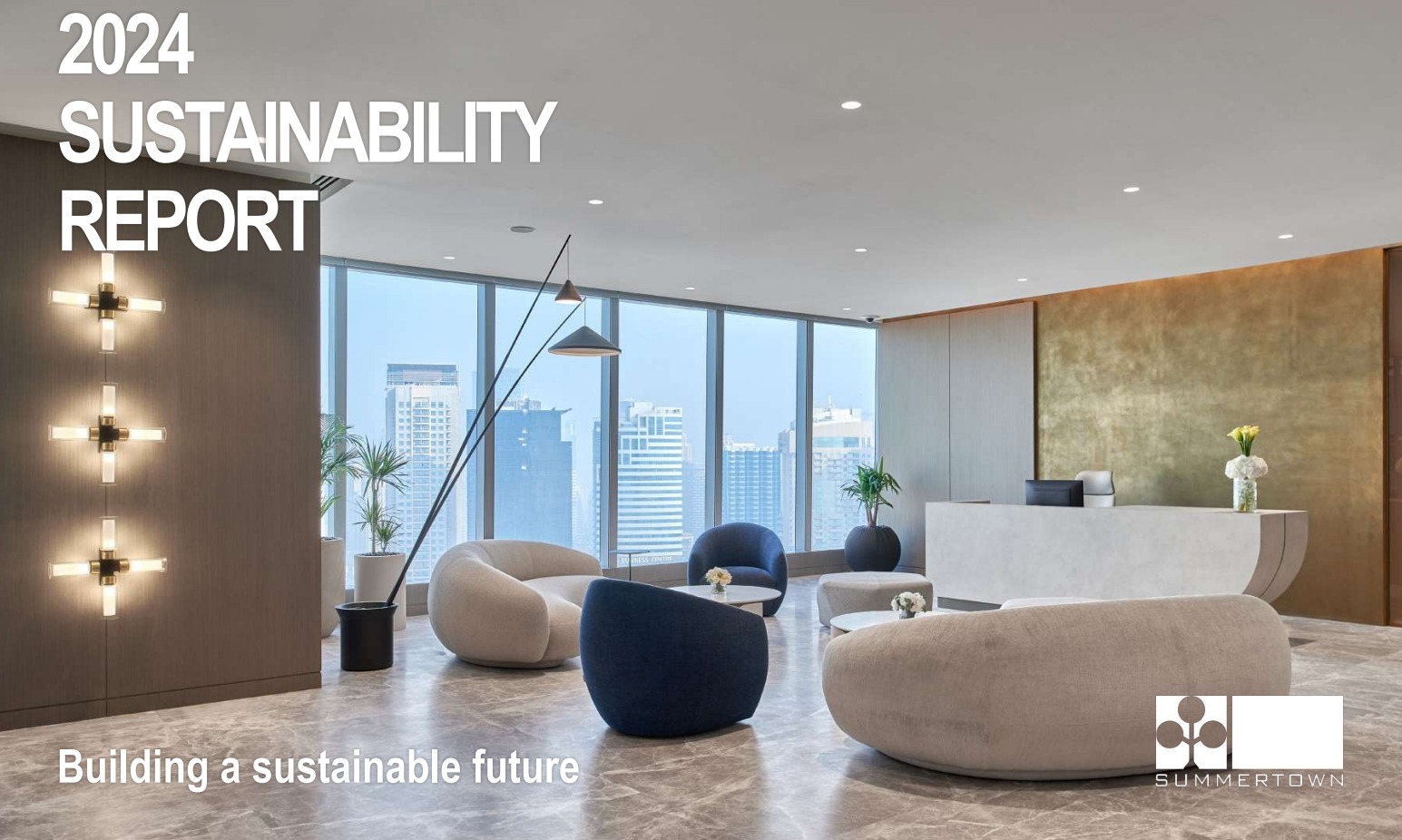It is not new news that having happy and engaged employees is good for business; CEOs and business leaders have been advocating this message for many years.
“Clients do not come first. Employees come first. If you take care of your employees, they will take care of the clients.” – Richard Branson, CEO & Founder of Virgin Group.
What is evolving is that global leaders and governments are now incorporating happiness initiatives into their policies decisions and strategic plans.
In 1976 the King of Bhutan, Jigme Singye Wangchuck introduced the term Gross National Happiness – a philosophy that governments should govern for the happiness and well-being of its people. However, happiness measures and initiatives have only really grown momentum with other global governments and leaders in the last 10 years.
In 2012 the United Nations produced the first World Happiness Report. Recognition of this report has increased in the last 5 years by governments and organisations, leading to many happy indicators being incorporated in to policy decisions and plans. In 2017 the UN World Happiness report included an analysis of happiness in the workplace. The report states that “recent research suggests that high levels of worker wellbeing may even lead to gains in productivity and firm performance, a finding that points toward the benefits of engaging in what might be called ‘high-road’ employment strategies conducive to employee wellbeing.” (United Nations Word Happiness Report https://youtu.be/Se2gfFKp1Iw)
In 2016 the United Arab Emirates (UAE), Prime Minister Sheikh Mohammed bin Rashid Al Maktoum appointed Her Excellency Ohood bint Khalfan Al Roumi as the country’s first Minister of State for Happiness. This appointment is unprecedented and exemplifies the new paradigm of governments and global leaders incorporating happiness into policies and decisions.
The UAE’s vision is “To be among the happiest countries in the world,” and one of its core objectives is to incentivise entities “both public and private, to launch and champion initiatives, projects, and policies to achieve happiness and positivity in society.” (https://www.happy.ae/en/discover-why)
According to the UN Sustainable Development Solutions Network’s World Happiness Report, the UAE is ranked the happiest Arab country and 21st globally – a prime sign of progress after the adoption of a happiness charter by government departments. Moving forward, the country has set a goal to enter the top five happiest countries in the world under its Vision 2021 objectives.
At Summertown, we strongly believe that the strength of our company lies within our team, and that we have both an ethical and corporate responsibility to create and support a happy workplace. We are delighted that the UAE government has recognized that happiness is such an important initiative for its people, and one we will continue to embrace and practice. We believe one of the key drivers for people to be happy at work is to create a workplace environment that is conducive to happiness. Happiness of an organisation’ s people includes the workplace itself – the work or office space, and the leadership and support provided for employee wellbeing and wellness.
One of our key business pillars is to enable our clients to create ‘inspiring workplaces to enhance employee health and happiness’, and we strive to practice this in our own workplace by adopting and implementing our CSR initiatives. These include wellness workshops, promoting healthy eating and lifestyle activities.
After all – a happy person is a productive person.
Contribution from Sally Jones, Marketing Manager

